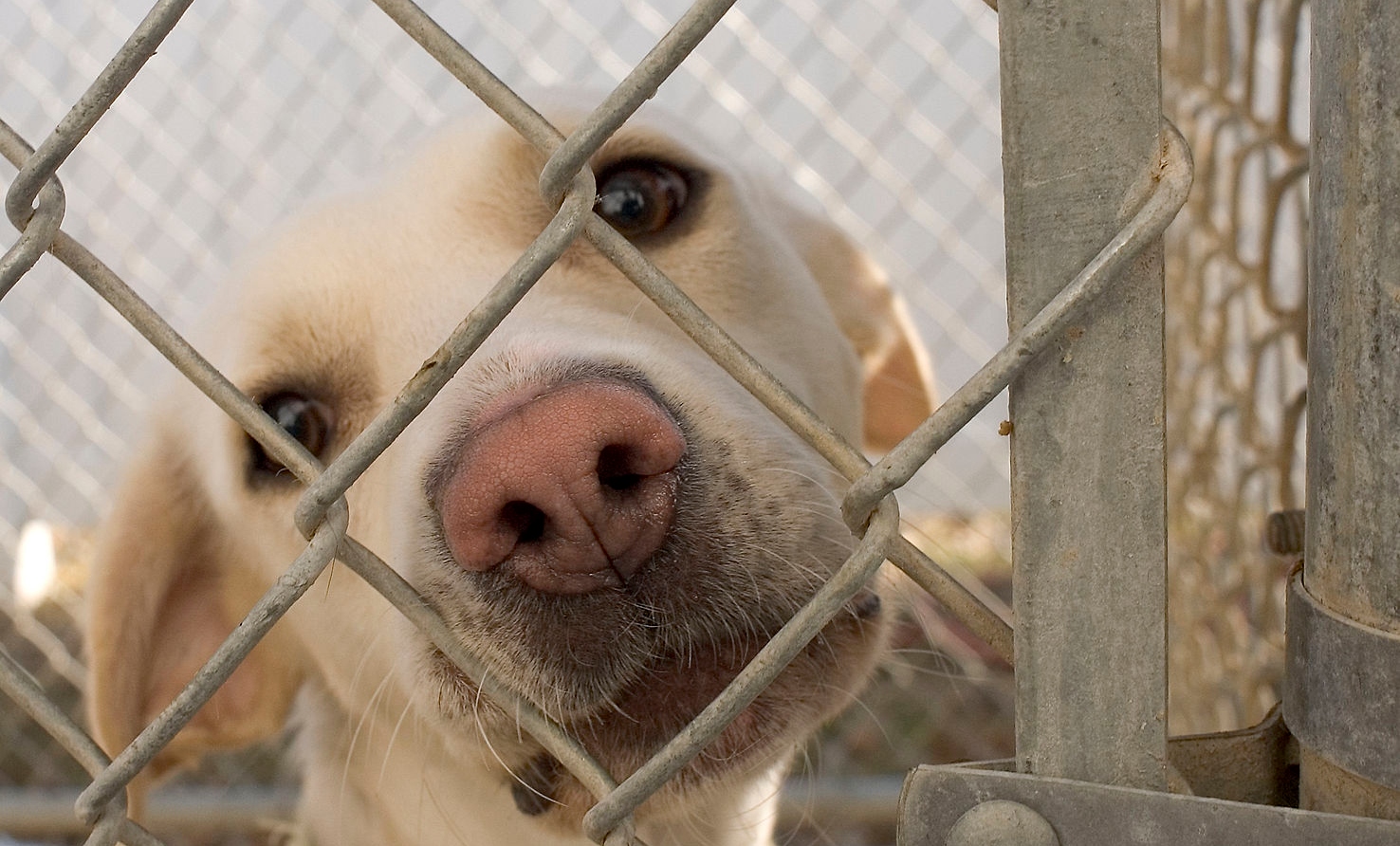
Obituary for a ghost pub

By Joan Henson
Glebians remember the Roxbury Hotel as a “ghost pub”, so it’s unsurprising Sydney Council’s local planning panel approved its demolition last Wednesday.
A red corner pub, closed for three years, is hard to ignore. But it seems the Roxbury was mediocre enough to inspire an unusual indifference. Residents did not march to prevent a 2015 application to replace it with a boarding house, or last year’s to demolish it.
Previously known as the British Lion, the pub was established in the 1870s as a drinking hole for the manual workers of Forest Lodge, now a heritage area. In June 2000, it was refurbished and reopened as The Roxbury Hotel.
Flanked by competitors on either side, it tried to stand out. Around 2011, its open mics were an initiation rite for Sydney comedians.
But like many inner city pubs it was plagued by noise complaints in an increasingly sleepy neighbourhood.
Local concern lacking
The independent local planning panel unanimously carried the application to substantially demolish the Roxbury and restore the neighbouring heritage terrace to build a 33-room boarding house. Community submissions had raised concerns about parking, noise, shadowing, safety and privacy.
Glebe Society member Virginia Simpson-Young said that her group had flagged the building’s heritage impacts. “The design of the building was out of character with the existing heritage buildings in the area, and therefore detracts from the conservation area. Glebe Town Hall and Record Reign Hall are of high heritage value. The Roxbury was just one of many pubs in Glebe. It was not particularly culturally important.”
The Roxbury had long been stripped of its historical architectural value, and was described in the development application as a 50-year-old “neutral building”.
Hands Off Glebe representative Denis Doherty said that his group is juggling many complaints about developments, but that no members had brought concerns about the Roxbury, saying “you can’t manufacture a campaign out of nothing.”
Local memory seems to obscure the industry recognition the Roxbury had garnered at its prime. A 2011 Yelp review by a budding comedian reanimates a time when the Roxbury was making inroads into Sydney’s broader entertainment culture.
Seaton Kay-Smith, now Head of Development at the Paper Moose creative agency, had started doing stand-up that year, and was writing for Yelp.
“The best way to get stage time back then was to do a couple of competitions. One of the best known was the Quest for the Best at the Roxbury. They had weekly heats, a semi-final, and a grand-final. When it was running it was a rite of passage for new comedians.”
The pub was packed for Wednesday’s Quest for the Best and Sunday’s Phuklub despite being slower nights. The demographic was people in their early 20s to 30s, and the room filled to capacity regularly with 50 people.
Mr Kay-Smith says that when new owners took over the culture changed, and a lot of the comedians moved to the Imperial Hotel.
Matthew Sen, owner of the neighbouring Forest Lodge Hotel, says the Roxbury flopped due to market changes and noise complaints, and that “the refurbished and evolved Roxbury live venue never operated to expectations”.
William Ryan, owner of the Harold Park Hotel for a decade, knows firsthand that live music regulations continue to chip away at the cultural value of inner city pubs. In 2017, one complaint against his live acoustic performances in the pub’s courtyard meant he had to stop until he met certain standards.
“The council rangers came down the next day and said they would fine me $6,600 if I did it again… they asked me to put in a DA with acoustic reports, PA applications, neighbourhood consulting, and everything else that would cost me $25-30 000 dollars.”
Mr Ryan says, “Melbourne sorted this out years ago in Existing Usage and Appropriate Usage… without putting in a development application which is completely unviable”.
Sydney losing musicians to Melbourne
Ms Simpson-Young says Sydney is losing a lot of its good musicians to Melbourne. She says current threats to live music come from 1980s fire regulation enforcement, the pokies, digital streaming, and gentrification.
She laments that Sydney’s youth don’t get to enjoy the variety of inner city music that she did as a university student in the 1980s. “Our social life revolved entirely around seeing bands in pubs. There were many bands on every night of the week. On Friday and Saturday nights there were 10 to 20 bands.”
Sydney Labor Councillor Linda Scott says, “I strongly supported the establishment of the Nightlife and Creative Sector Advisory Panel, after a motion I moved at Council, to let us know how we can do better. I’m excited to see how their recommendations can be implemented”.









